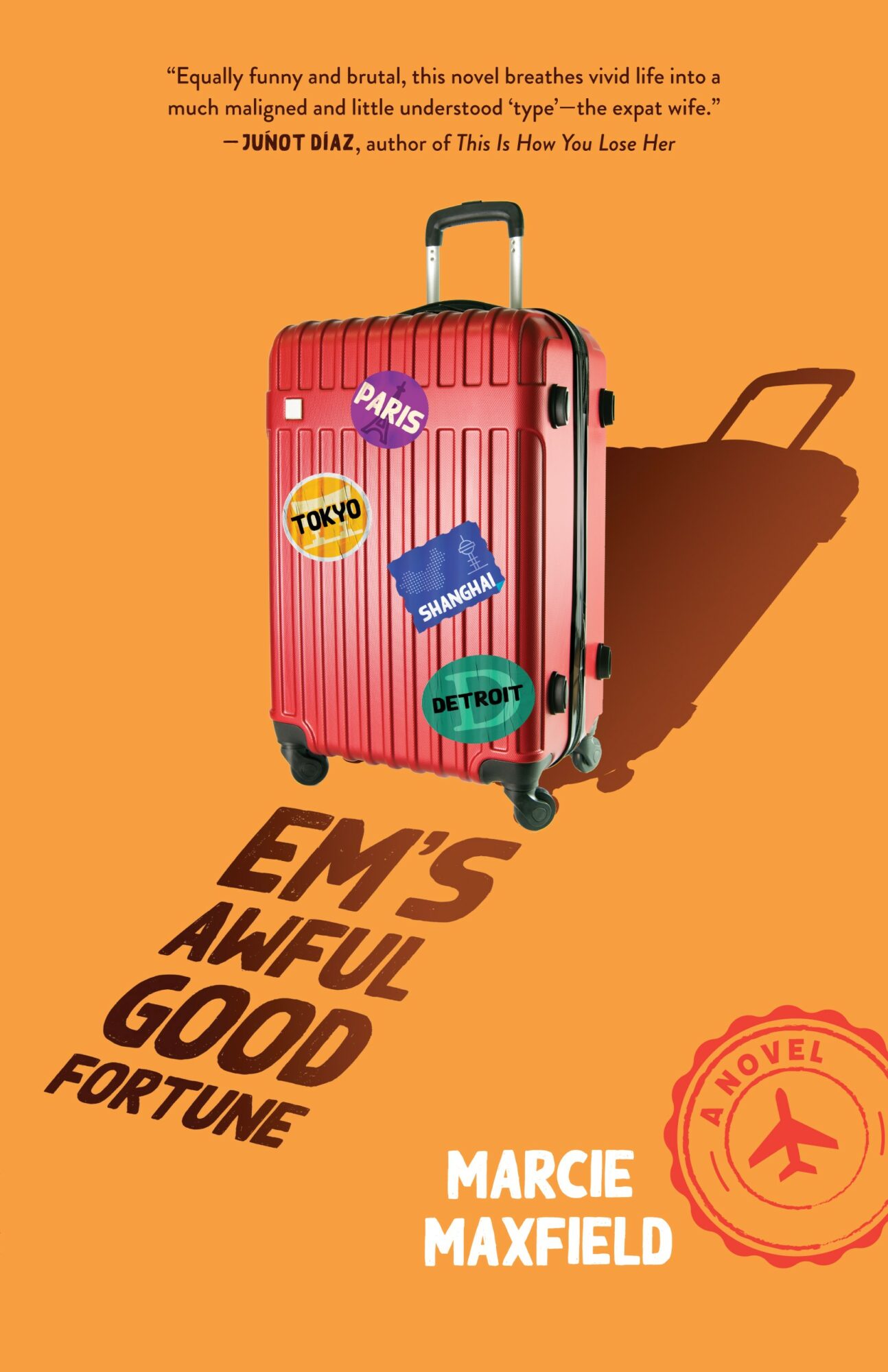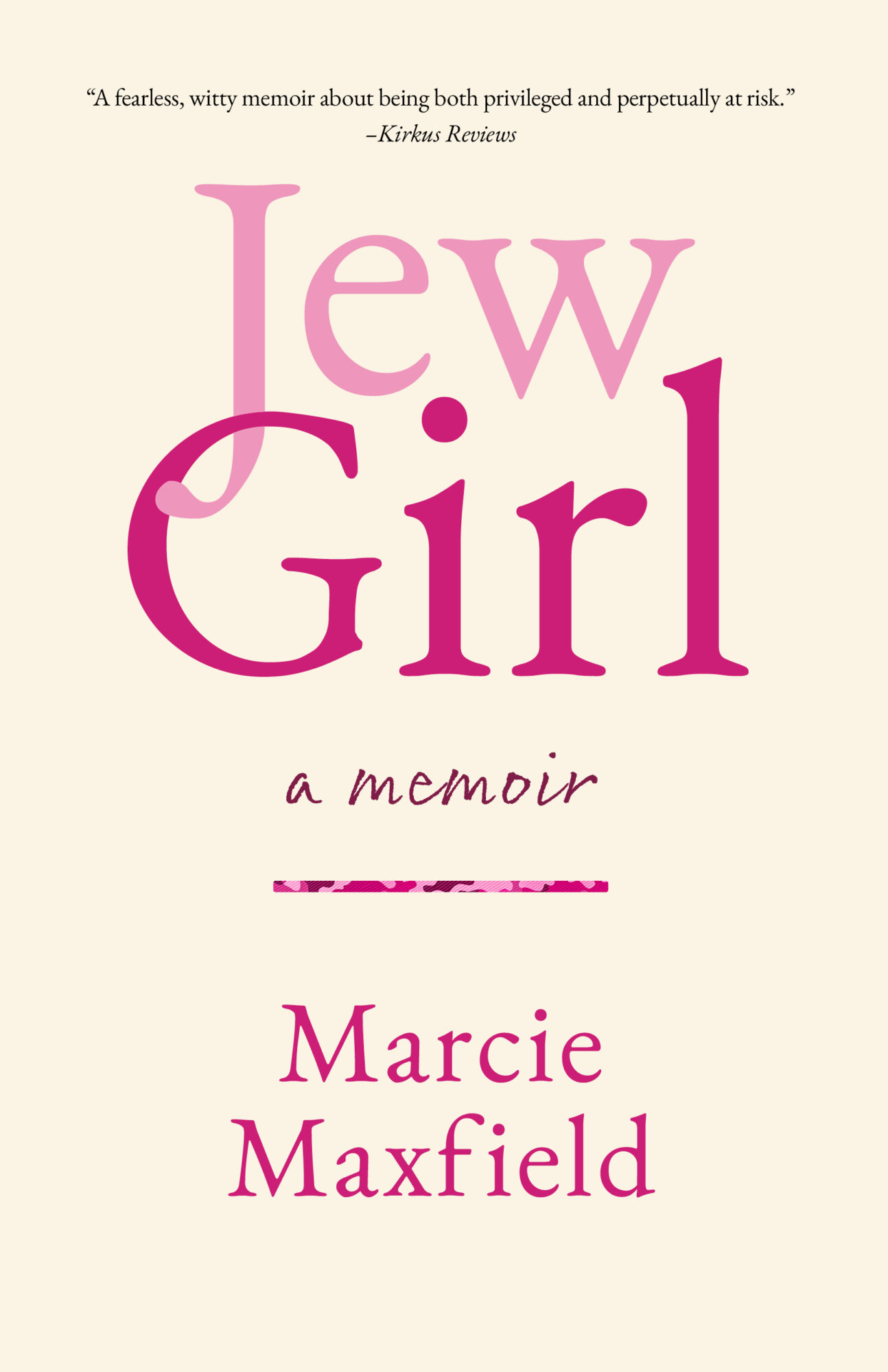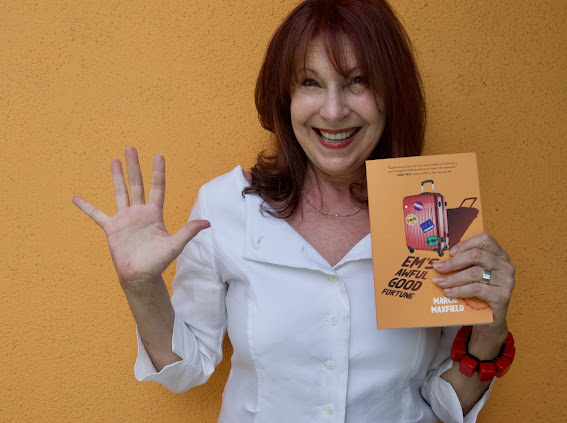

Today we’d like to introduce you to Marcie Maxfield.
Hi Marcie , thanks for joining us today. We’d love for you to start by introducing yourself.
I’m a long-time Los Angeles resident who’s spent much of my career in music, entertainment, and publishing. I’ve written just about everything — press releases, pitches, bios, proposals, ad copy, you name it. Now, in my third act, I’m thrilled to be writing my own stories.
My first book, Em’s Awful Good Fortune, is a novel about marriage and compromise disguised as a travelogue — loosely based on my own experiences. They say to write what you know. My husband worked for Disney, and we relocated to Paris, Tokyo, and Shanghai. When I couldn’t work, I started writing.
My new book, JewGirl, is a memoir about being Jewish and female at a time when women’s rights are being challenged and antisemitism is on the rise. It reflects both my evolution as a writer and my lifelong love of storytelling.
Alright, so let’s dig a little deeper into the story – has it been an easy path overall and if not, what were the challenges you’ve had to overcome?
Writing JewGirl was the easy part — bringing it to market was the real challenge. I faced pushback from every direction. Some family members sent me thinly veiled legal threats. My previous publisher rejected it, saying the book was ‘intentionally provocative.’ Even Jewish publishers were hesitant to take it on in today’s political climate.
This is a book about girlhood, women’s rights, and identity — I didn’t set out to provoke; I set out to tell the truth. I had no idea how much backlash I’d face, but I took a page from Tom Petty and decided I wouldn’t back down.
I’m so glad I persevered. The reviews have been incredible, and readers have reached out — calling, emailing, texting — to tell me how much JewGirl resonated with them. Even non-Jewish readers have said it opened their eyes to antisemitism in new ways.
The struggle was absolutely worth it.
As you know, we’re big fans of you and your work. For our readers who might not be as familiar what can you tell them about what you do?
As a writer, I’m known for a voice that’s funny, fierce, and feminist — and above all, authentic. I think that authenticity is what resonates most with readers. I don’t shy away from difficult topics: adultery, anxiety, abortion, bullying — I joke that I’m working my way through the alphabet of trauma, all the way to sexual assault.
But I use humor to track pain, so readers often find themselves laughing instead of crying. Author Junot Díaz described my first book, Em’s Awful Good Fortune, as ‘equally funny and brutal.’ That was incredibly meaningful — not just because it came from one of my literary heroes, but because it affirmed that balance I strive for: to make readers feel deeply while also making them laugh. That’s something I’m really proud of.
What matters most to you? Why?
As a writer, what matters most to me is telling my story in a way that really connects with readers. I’m not just trying to entertain — I want to use my voice to shine a light on women’s issues and experiences. But yeah, I also want people to enjoy the ride. My books are meant to be readable and relatable.
With JewGirl, I wanted to talk about the rise in antisemitism in America, but because it’s me, of course, it came out through a feminist lens — that’s actually how the title JewGirl was born. I also mention in the book that camo is my favorite color. Fashion bonus: it never goes out of style. Why? Because we’re always at war — the war on women and Jews is long and storied.
And as a person — as a mom, a wife, a friend — what matters most to me is family. Not just the one you’re born into, but your chosen family, that inner circle of people you’d actually want to be quarantined with (God forbid!). In the end, both of my books are really about love — finding it, holding onto it, and figuring out what it really means.
Contact Info:
- Website: https://marciemaxfield.com/
- Instagram: https://www.instagram.com/marcie.b.max
- Facebook: https://www.facebook.com/m2mktg/





Image Credits
Carlos Menjivar; Daniel Reichert; Jonas Mohr














